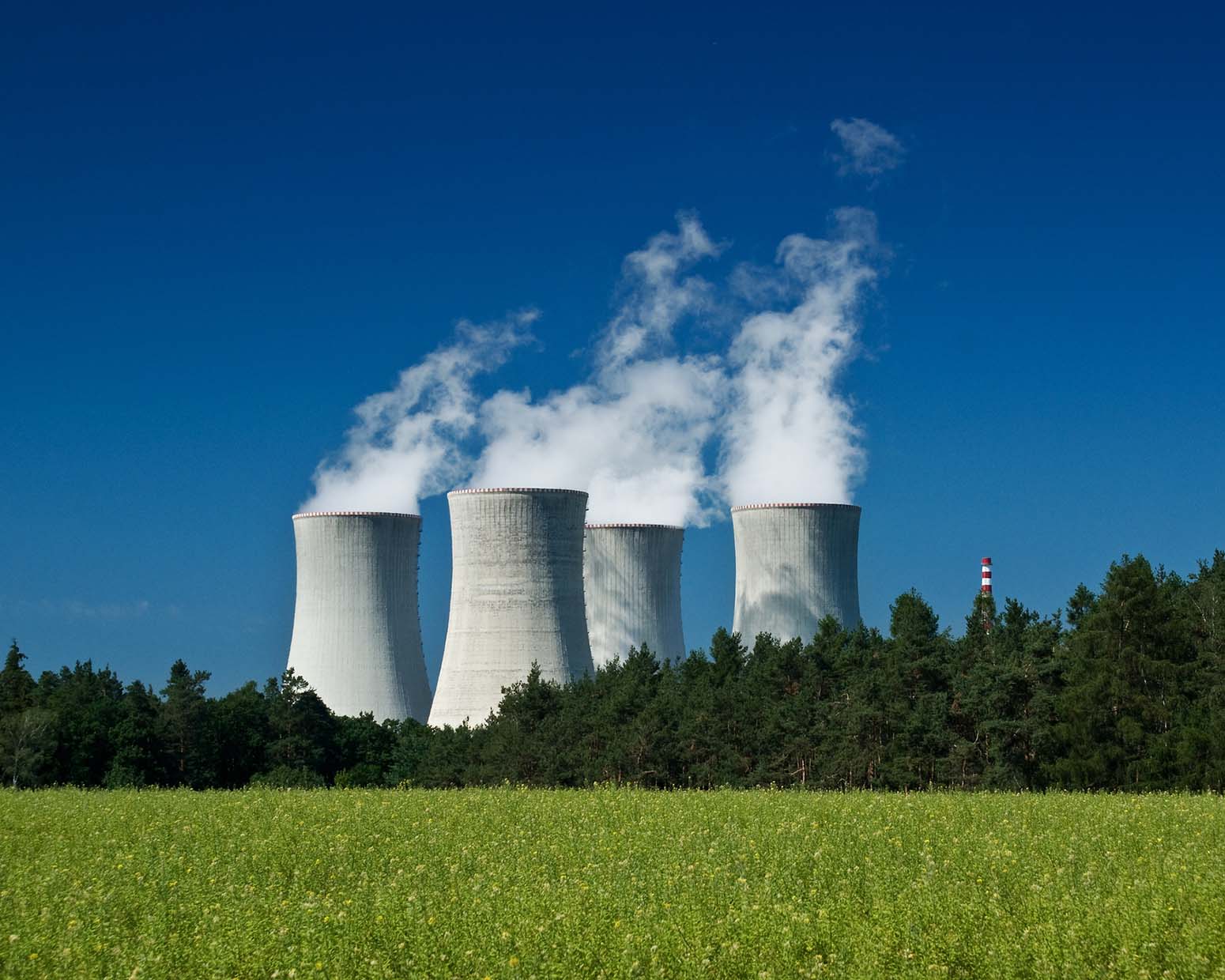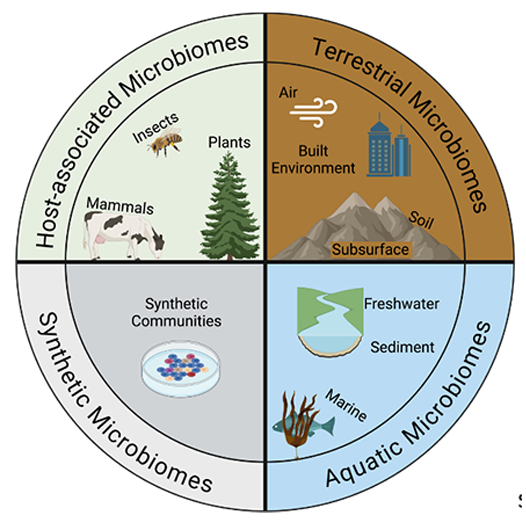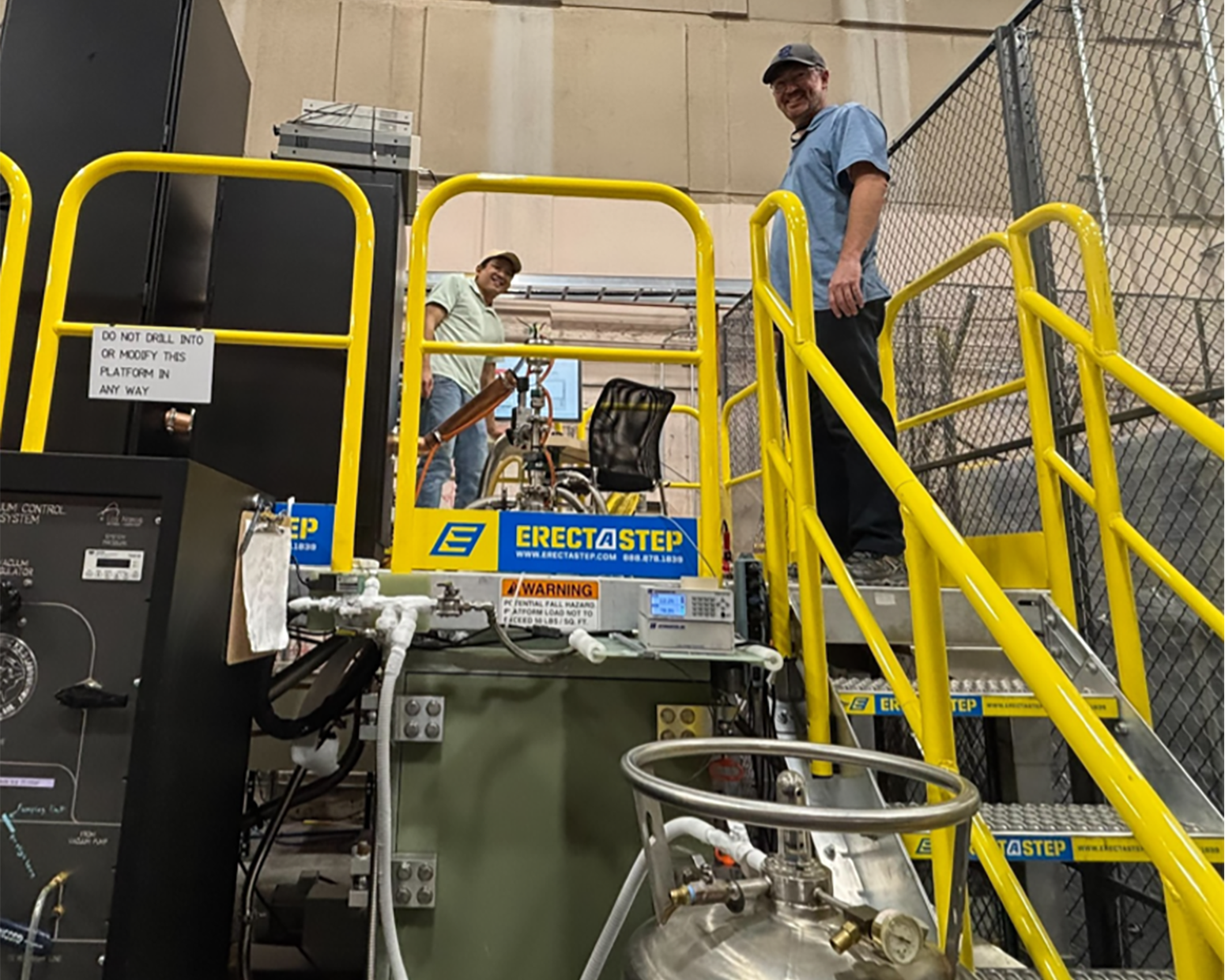Improving microreactor performance through heat transfer efficiency
Optimizing key aspects of heat-transfer process improves commercial viability

A new study by Los Alamos materials scientists highlights the importance of efficient heat transfer in emerging microreactor designs. They showed that increasing pressure at the fuel cladding interface significantly improves heat conductance, a critical factor for microreactor efficiency.
Why this matters: Their work offers insights for optimizing materials for these small-scale, transportable nuclear-fuel powered devices that offer the potential to supply energy to isolated areas, such as remote residential, military and disaster-struck areas. Maximizing the efficiency of a microreactor’s heat-transfer process is crucial to advancing the technology’s commercial feasibility, as this process affects operational performance and lifetime.
Key points:
- The researchers used light flash analysis, a conventional technique for measuring the spread of heat through a nuclear material, to examine key factors of this process in a system comprised of uranium nitride fuel pellets and zirconium alloy cladding.
- As the technique is refined and used in further studies, the researchers anticipate results that will enable more rapid gains in evaluating thermal efficiencies of emerging nuclear microreactor designs.
- Los Alamos is pioneering research for the design and development of advanced microreactors in partnership with industry and multiple government organizations, providing expertise in materials fabrication, characterization, modeling and simulation.
Funding: Laboratory Directed Research and Development program - Mission Foundations Research
LA-UR-25-24104





